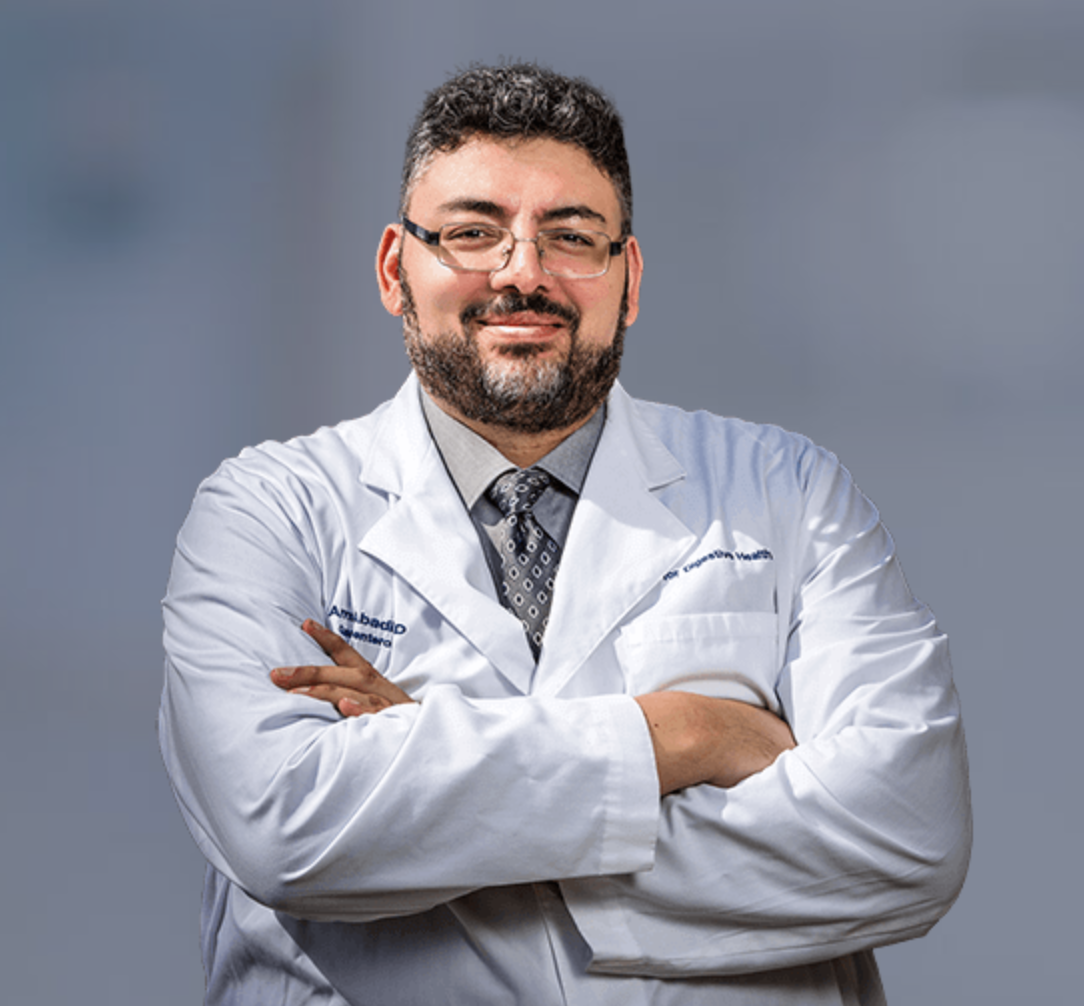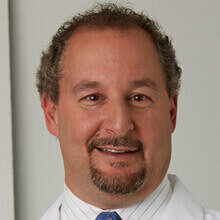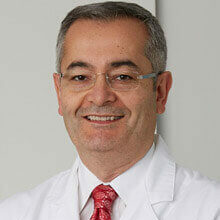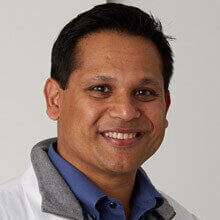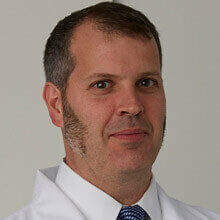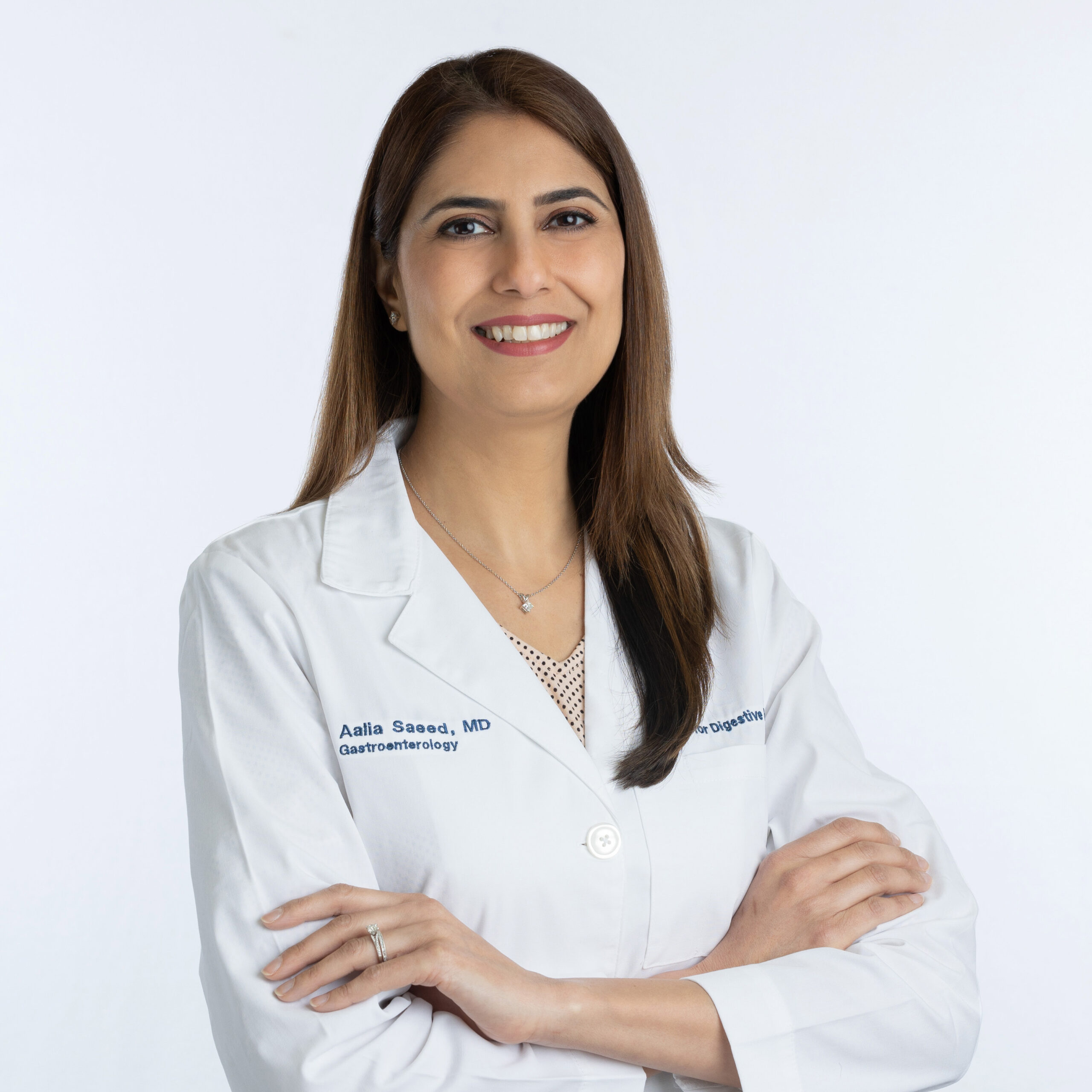Overview
Celiac disease is a digestive disease that interferes with the absorption of nutrients and causes damage to the small intestine. People with Celiac Disease cannot tolerate gluten, a protein found in wheat, rye, and barley, and which also may be found in products such as medicines, vitamins, and lip balms.
When people with celiac disease eat foods or use products containing gluten, their immune system responds by damaging or destroying villi. Villi are tiny, finger-like protrusions in the small intestine that normally allow nutrients to be absorbed through the small intestine into the bloodstream. People without healthy villi will become malnourished, no matter how much food they eat.
Celiac disease usually runs in the family, but it can also be triggered by events such as surgery, pregnancy, childbirth, viral infection, or severe emotional stress.
Applicable Procedures
EGD
Is there a cure for celiac disease?
Doctors and medical experts do not know a cure for celiac disease, but many people can manage the condition and heal the intestine by adhering to a strict gluten-free diet.
What causes celiac disease?
Genes might contribute to celiac disease, but the exact cause of this condition is not known. Sometimes, celiac disease may develop as a result of childbirth, pregnancy, surgery, infection, or severe distress. Gastrointestinal infections, gut bacteria, and the way that infants are fed may also contribute to the condition. Risk factors for celiac disease include having a family history of the condition, suffering from type 1 diabetes or autoimmune thyroid disease, and having certain conditions like Down syndrome, Turner syndrome, Addison’s disease, or microscopic colitis.
How do doctors treat celiac disease?
The only way to manage celiac disease is to maintain a strict gluten-free diet, which means eliminating wheat, barley, durum, rye, spelt, graham flour, malt, bulgur, farina, triticale, and semolina from the diet. A dietician can work with you to plan a gluten-free diet and help you to identify and eliminate potentially hidden sources of gluten in your diet. You may also have to take supplements to treat issues like anemia. A doctor may also prescribe medications to help the intestine heal if you have severe celiac disease, or you do not respond to treatment. In some cases, celiac disease is refractory, meaning it does not get better with a gluten-free diet. In this case, a specialist will need to evaluate your condition to determine the cause.
Common Symptoms
- “I was experiencing signs of gastrointestinal distress, such as abdominal pain, constipation, nausea, and vomiting. I also felt tired all the time and started to lose weight.”
- “I started to get headaches and feel extremely tired all the time, and I noticed ulcers in my mouth.”
- “My son was irritable all the time and started to lose weight, and he suffered from chronic diarrhea. His belly also appeared swollen, and he complained of constipation.”



